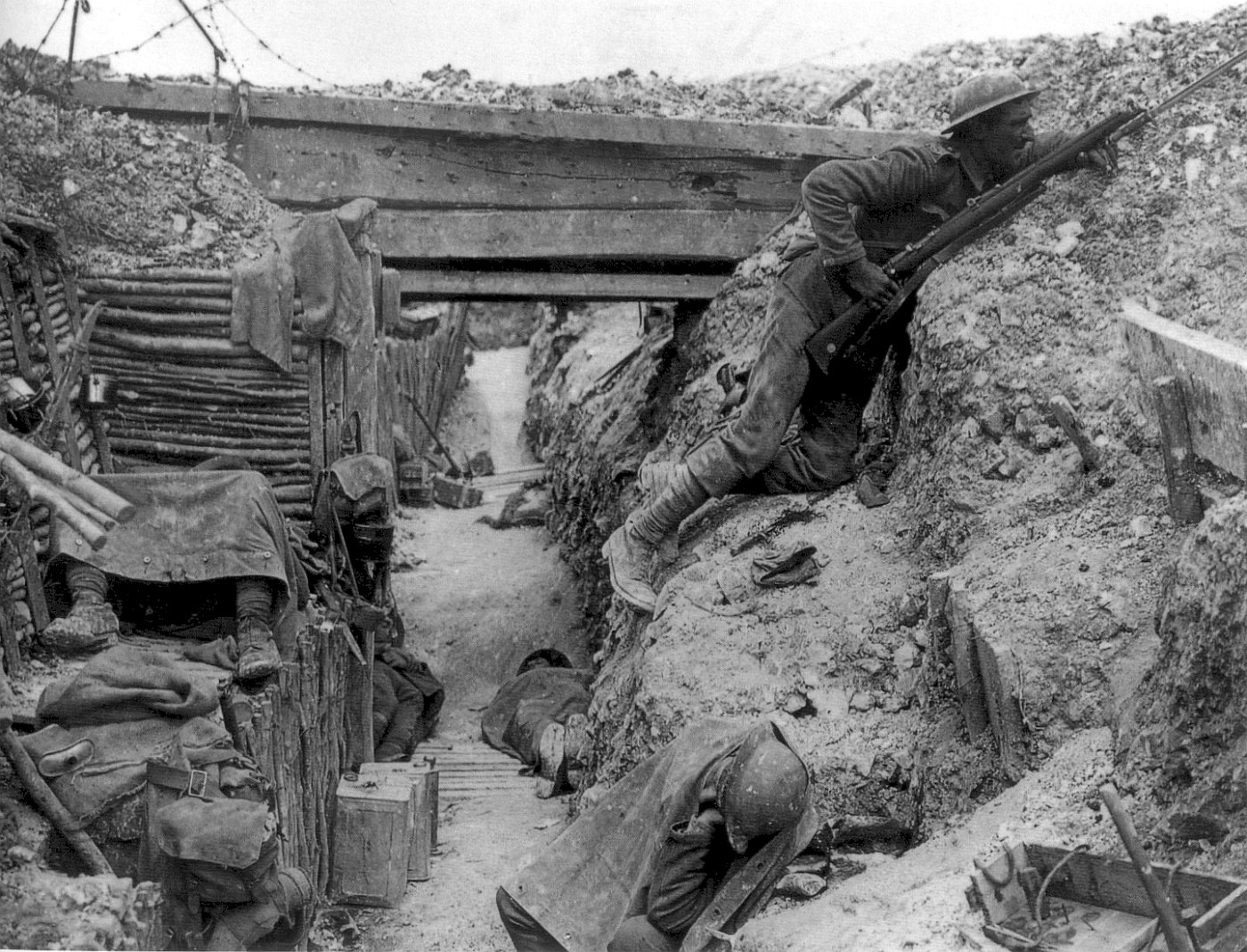I think I have found a new pet peeve (I know, I hardly needed a new one).
I was watching what claimed to be a history documentary on Srebrenica, following some teenagers going to visit the site on the 20th anniversary. I didn't finish, because the whole charade was a joke from beginning to end.
Most of the documentary was devoted to close-ups of teenagers crying, a tearful daughter of UN forces officers promising she would do anything to not let it happen again, and a Muslim teenager insisting that "you don't hear about the dead when they are Muslim." All while the journalist/commentator bandied about big words without knowing their definition, and complained about the fact that not enough "awareness was being raised" about the massacre.
So, according to the BBC, raising awareness includes: not explaining the massacre or the context, not looking at the history much, but instead focusing most of their screen-time on the feelings of British teenagers. Even the mothers of the victims were only seen through the impact they had on the youngsters.
I feel very aware now. And mildly disgusted.
Apparently, we can only relate to the victims through the medium of people who are, you know, more "like us", so we can identify. Whereas, just showing what happened would supposedly leave us cold.
It reminded me of a Jewish girl in my class when I was in Sixth Form. We watched a documentary on Auschwitz, and another girl had to leave the room. At which point the first girl proceeded to complain that - I paraphrase - "how dare this not Jewish girl be more affected than me, she's not even Jewish, she hasn't got a "book of the dead" in her house like we do!" (I was a know-it-all even then, so I did point out that the fact that the people on the tape were human beings was probably enough for other human beings to react to their plight.)
But apparently, the BBC agrees with the first girl, not me, or the one who had to leave the room (without the help of more relatable people explaining to her what she should feel).
As if that wasn't enough, the documentary also repeated the classic excuse of "if some good may come of it, then..." (finish this sentence as you may, I personally can't find a way to finish it that wouldn't be an insult to the victims).
This is a utilitarian vision of the past, the idea that we must "learn from it", "never again" bla-di-blah. But the truth is, we don't truly learn from history anything other than Man's fallen-ness and boundless capacity for evil. And the lack of intervention in Bosnia didn't help Syria or Libya. That's not how politics work. "Some good" does not come to redeem evil.
Evil is evil, and if God allows some good things to come despite of it, it does not annul the evil or redeem it. Such a utilitarian mentality can only encourage more evil. Because there is only one very short step between saying "some good came of it" to saying "some good will come of it" and justifying evil actions "for the greater good". Which is how all evil actions ever are always justified.
I think I may have to start harassing the people in charge of history documentaries at the BBC. Either that, or turn off the computer, and, you know, not watch them (but then who will shout at the screen in disgust? No-one, that's whom.)
P.S: the idea of history as something we can learn from in order to not repeat mistakes is something used very often to justify its study. I think it's a mistake. History at best informs the present, but does not predict the future, and its purpose, like all humanities subjects, is a better understanding of what it means to be human. And I think that's quite enough.
PPS: if you got the Dumbledore allusion in "for the greater good", then I may claim you as a kindred spirit ;-)

Yes! Become one of the irate letter-writers of the world! The world needs more people who write COHERENT irate letters using RATIONAL arguments, POLITELY phrased. And I'm sure you could do all of that beautifully. So by all means, write the BBC! (Sorry to shout; I don't know how to do italics in the comment box.)
ReplyDeleteExcellent, now I feel fully justified! It's a real shame as well, because I asked around me, and no-one as heard of Srebrenica, so a good documentary would be needed!
DeleteRight, better sharpen my quill!